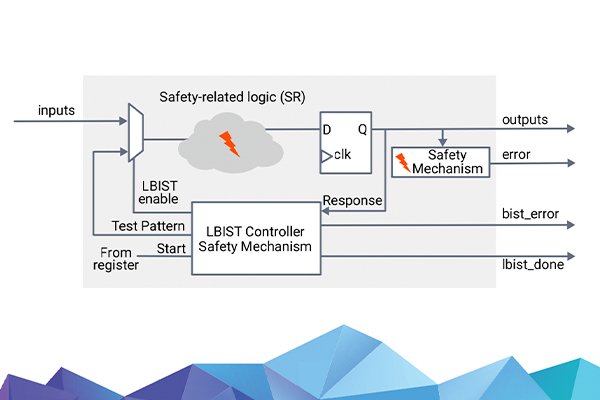
White Paper Overview
Adherence to quality, long term reliability, and functional safety standards are key requirements for modern automotive systems. Incorporating these requirements is crucial for ensuring safe operations and avoiding damage to life and property in case of failure. Due to the increased hardware, software, and mechanical complexity of safety-critical systems, a good functional safety development process can mitigate the systematic and random hardware faults that could occur within the safety-related logic.
To comply with the safety requirements, the functional safety concept contains safety measures, including safety mechanisms to be implemented in the safety-related logic and specified in the functional safety requirements. The technical safety requirements specify the safety mechanisms that detect faults and prevent or mitigate failures at system output, which would otherwise cause functional safety violations.
This white paper discusses faults and detectability by a safety mechanism, safety mechanism types and attributes, and how safety mechanism effectiveness is evaluated.
